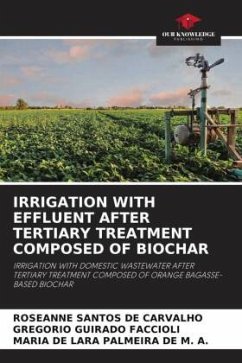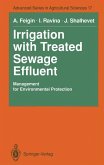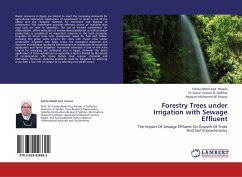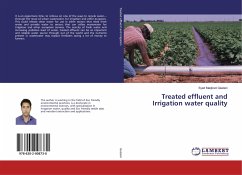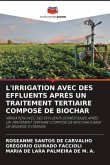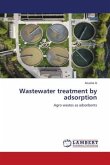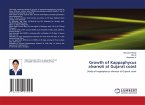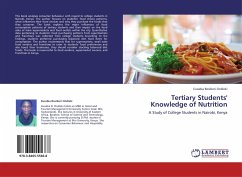Due to the growing problem of water scarcity, as well as the need to preserve the environment, studies have been conducted aimed at the reuse of agroindustrial waste so that biochars can be produced to promote the reuse of wastewater in crop irrigation. In this context, the present study was based on the production of a biochar from orange bagasse at 550oC to compose a tertiary treatment for the use of the effluent in irrigation of radish crops. The irrigation with the effluent filtered with biochar and activated charcoal did not influence the agronomic variables of the crop, in the physical-chemical analysis of water and effluent were met by the Resolution and / or works on the subject. In view of the above, we conclude the possibility of converting a low value agroindustry residue without appropriate destination, to a product with added value, the biochar from orange bagasse, to be used as tertiary treatment for the reuse of effluents in crop irrigation in domestic wastewater.
Bitte wählen Sie Ihr Anliegen aus.
Rechnungen
Retourenschein anfordern
Bestellstatus
Storno

